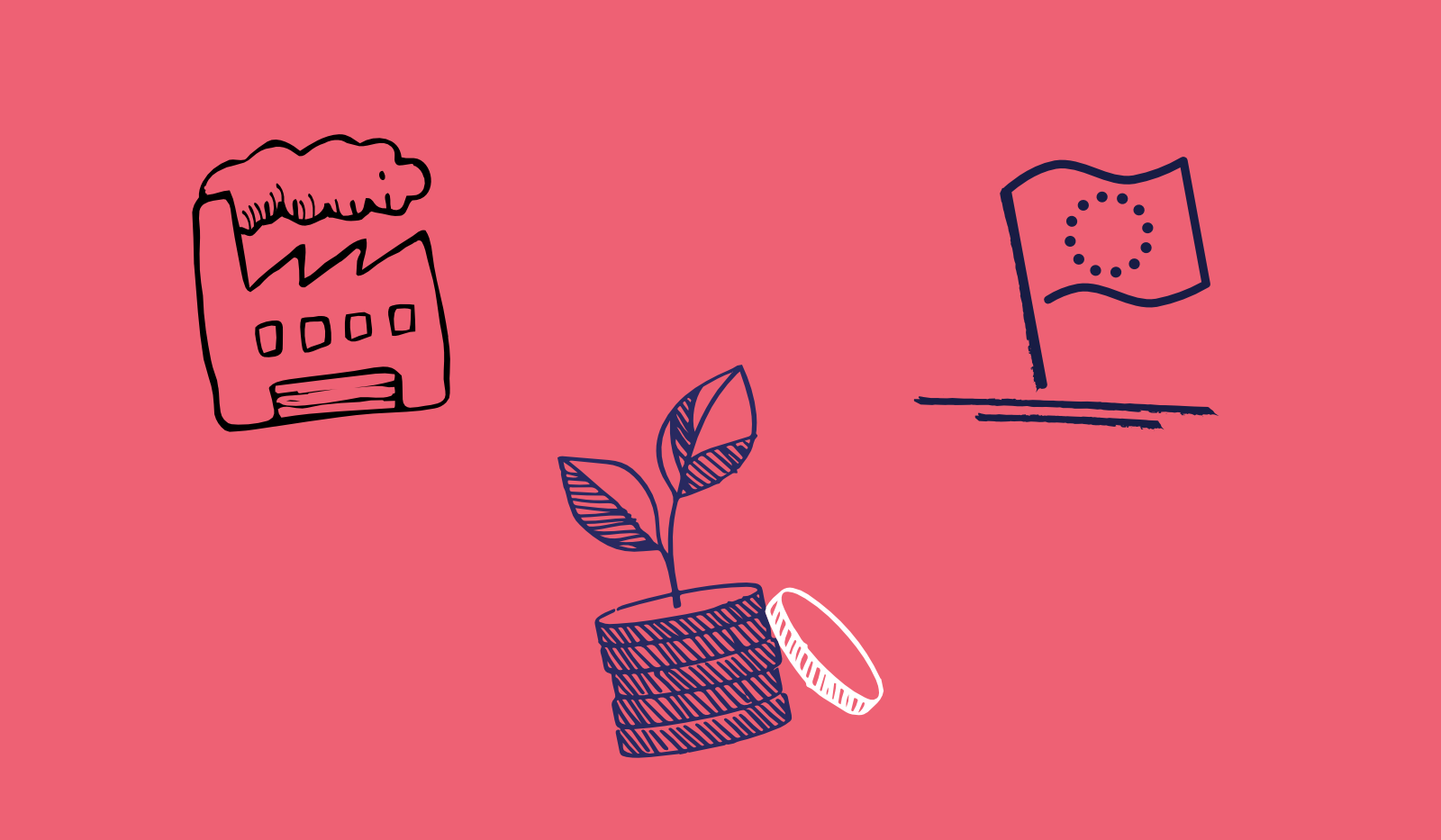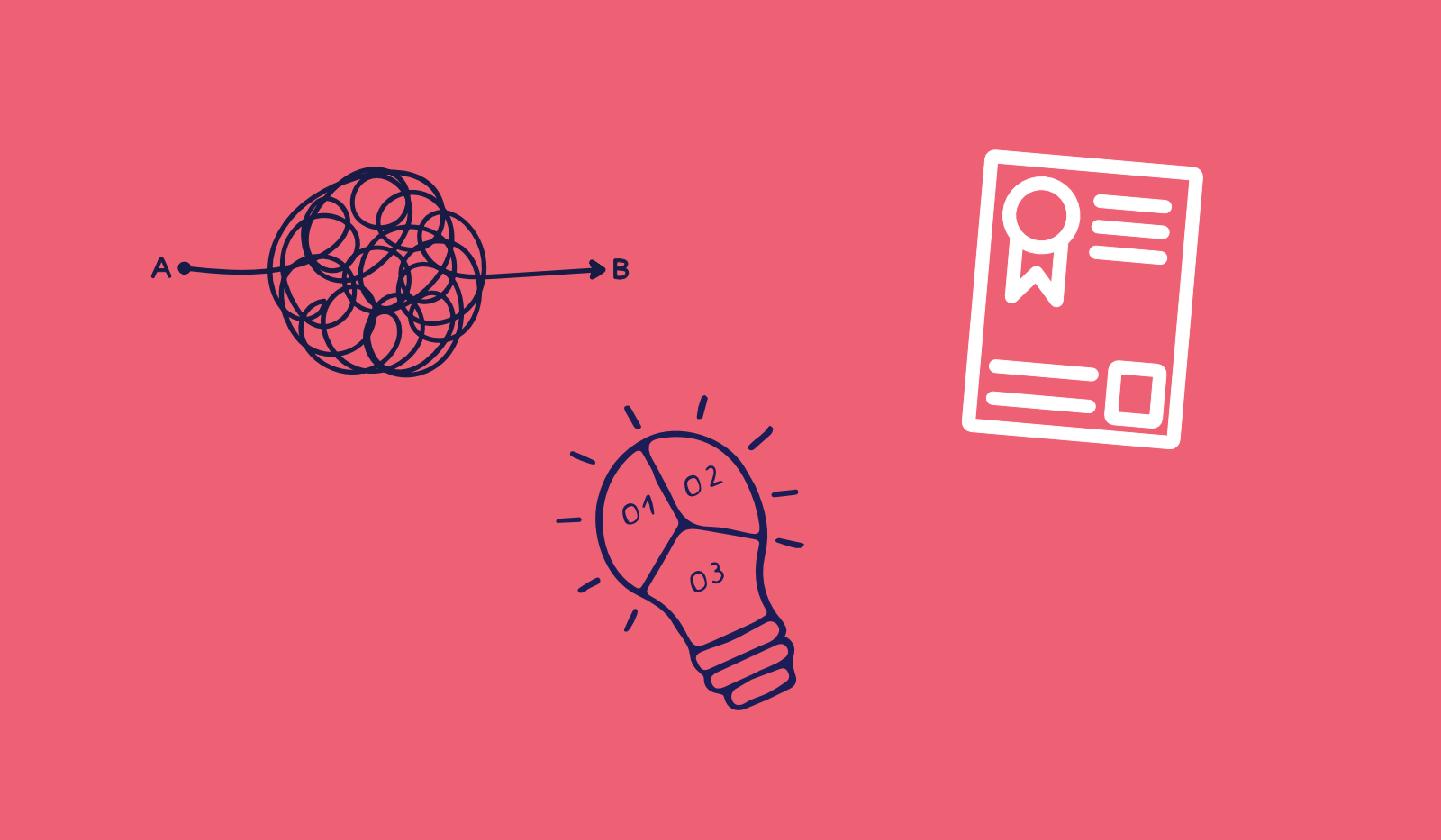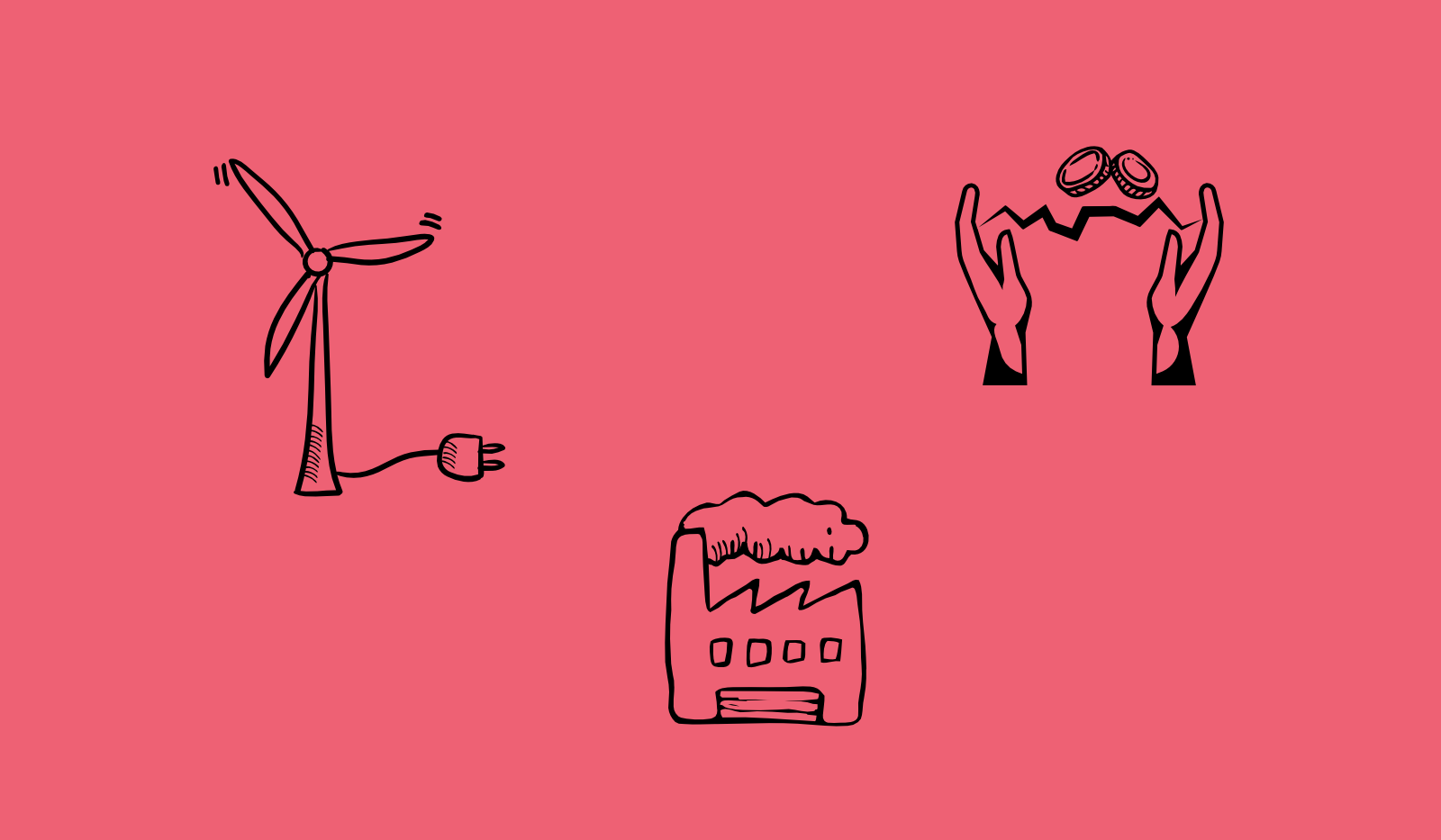
Fossil Fuel to the Fire
Max Krahé, Felix Heilmann
Download PDF Download SlidesEnergy made an outsized contribution to the recent inflationary wave in Europe: On average, 50 percent of year-on-year inflation in 2022 was directly due to energy, the vast majority of which was due to fossil fuel price rises. Additional inflationary effects followed from indirect impacts on other prices, especially food.
Renewable energy can help fight inflation both in the short and in the long run. In the short run, faster renewable energy deployment saved European consumers around 95 billion euro between 2021 and 2023 and reduced electricity prices by up to 15 percent (IEA 2023c). In the long run, the secular downwards trend in renewable energy costs suggests further cost saving potential and, once the transition is complete, price stability.
The situation is more complicated in the mid-transition. Three challenges appear salient: As long as electricity prices remain linked to fossil fuel prices, especially gas, any increase in fossil fuel price volatility spills over into the pricing of electricity. Supply chain risks may materialize as renewable energy deployment accelerates. And if investment in grids, energy storage, and supply- and demand-side flexibility fails to keep up with accelerating renewable deployment, further bottlenecks and price spikes may emerge.
However, these risks are not set in stone. The extent to which they will materialize will depend on today’s policy choices. While further research and policy action is needed on the mid-transition, the overall picture that emerges from our analysis is therefore clear: fossil fuels added to the economic and political instability of recent years. Replacing them with renewables can become a pillar of future stability.
Why did we write this paper?
Over the last three years, Europe (and much of the world) experienced a wave of double-digit inflation. This wave is now receding; but since we face an uncertain future, it is important to take stock and draw lessons.
We decided to zoom in on inflation for two reasons: first, inflation is the main driver of higher central bank interest rates. Managing inflation well — which requires understanding its causes — helps to keep interest rates low. This, in turn, provides a supportive environment for public finance and private investment.
Second, inflation is often seen as a socially disruptive phenomenon. Although research has shown that, at low double digits, it is macroeconomically harmless, its social and political effects can be significant. To preserve social cohesion and political agency, a good understanding of inflation is key.
What did we learn?
We learned that fossil fuels were indeed the main driver of the recent wave of European inflation. They had a large direct effect on the harmonised index of consumer prices; and the impact of fossil prices on electricity- and food prices created large indirect effects. Both their direct and their indirect effects would have been even larger, had it not been for anti-inflationary fiscal measures. These, however, came at a cost.
We also saw that renewable energy was an important dampener in the short run, reducing EU wholesale electricity prices by up to 15 percent and saving European consumers just shy of 100 billion euro; and that it can be an important stabiliser in the long run, offering both lower and more stable (on macroeconomic time scales) prices.
Finally, we learned that between the short and the long run lie certain challenges: the risks of the “mid-transition” must be successfully navigated to reap the full stabilisation potential of renewable energies. Managing these risks appears well within our grasp; but further research is needed to get a clear understanding of these challenges, as well as to identify the precise policies required to handle them.
Um über unsere weiteren Veröffentlichungen auf dem Laufenden zu bleiben, abonniert gerne unseren Newsletter.
Hat dir der Artikel gefallen?
Teile unsere Inhalte



